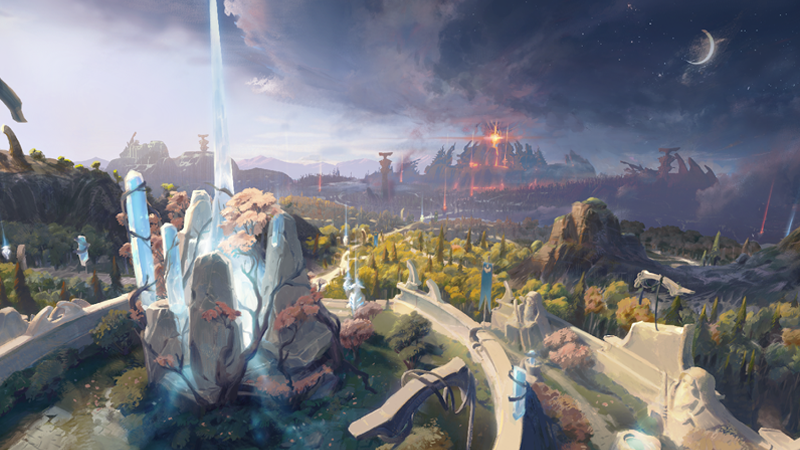
Did you hear that the Dota Pro Circuit (DPC) is ending? As the backbone of Dota 2’s competitive scene since its inception in 2017, the DPC has established a clear path to The International for professional players and teams.
Now, with a surprise announcement by Valve, the DPC is drawing to a close in 2023. Naturally, the question on many Dota 2 enthusiasts’ minds is: Why is the DPC ending? This guide delves into the reasons behind this significant decision and reflects on the legacy of the DPC.
Why Is DPC 2023 The Last Dota Pro Circuit?
According to Valve’s blog post on 14 September 2023, the DPC is ending because, while it succeeded in providing a clear path to The International, it unintentionally stifled the creativity and vibrancy of the competitive Dota scene.
More specifically, its strict rules and dominance over the 2023 esports calendar limited event organizers’ innovation and led to a less exciting and varied competitive environment. In essence, the DPC’s structure began to overshadow the fun and diverse nature that competitive Dota was known for.
What Made The Dota Pro Circuit So Important?
The Dota Pro Circuit began in 2017 as an initiative to clarify the question many were asking: “How does one earn an invite to The International?” Before the DPC, invitations hinged on a mix of regional qualifiers and special “golden ticket” invites by Valve.
This approach undoubtedly added an element of excitement each year, yet left pros and their supporters in a haze regarding their journey to The International. To its credit, the DPC succeeded in its primary objective—simplifying and clarifying the invitation process.
Players now had a roadmap to The International. But this structure came with a price. The DPC unintentionally sapped the thrill of competitive Dota with its rules and regulations. As the only official league, it dominated the year’s event calendar.
Before the DPC’s introduction, competitive Dota was a realm of innovation, spontaneity, and surprise. Events ranged from casual house parties with quirky prize pools to large-scale invitationals.
The freedom allowed for themed venues, varied event lengths, diverse team participation, and even innovative tournament designs. But over time, the DPC’s stringent guidelines edged out this creativity, directing the Dota competitive scene towards a more homogenized identity.
How Will This Affect The Dota 2 Competitive Arena?
Though the DPC chapter is closing, competitive Dota’s story is far from over. The scene predates the DPC and promises a future post-it. With the DPC’s constraints removed, we anticipate a revival of the grassroots spirit, innovative tournaments, and the raw passion that first defined competitive Dota.
The International remains, and Dota’s vibrant community will undoubtedly lead the game into its next exciting era. We’ll keep you updated on Valve’s upcoming competitive structure and how they will forge a path to The International 2024.

